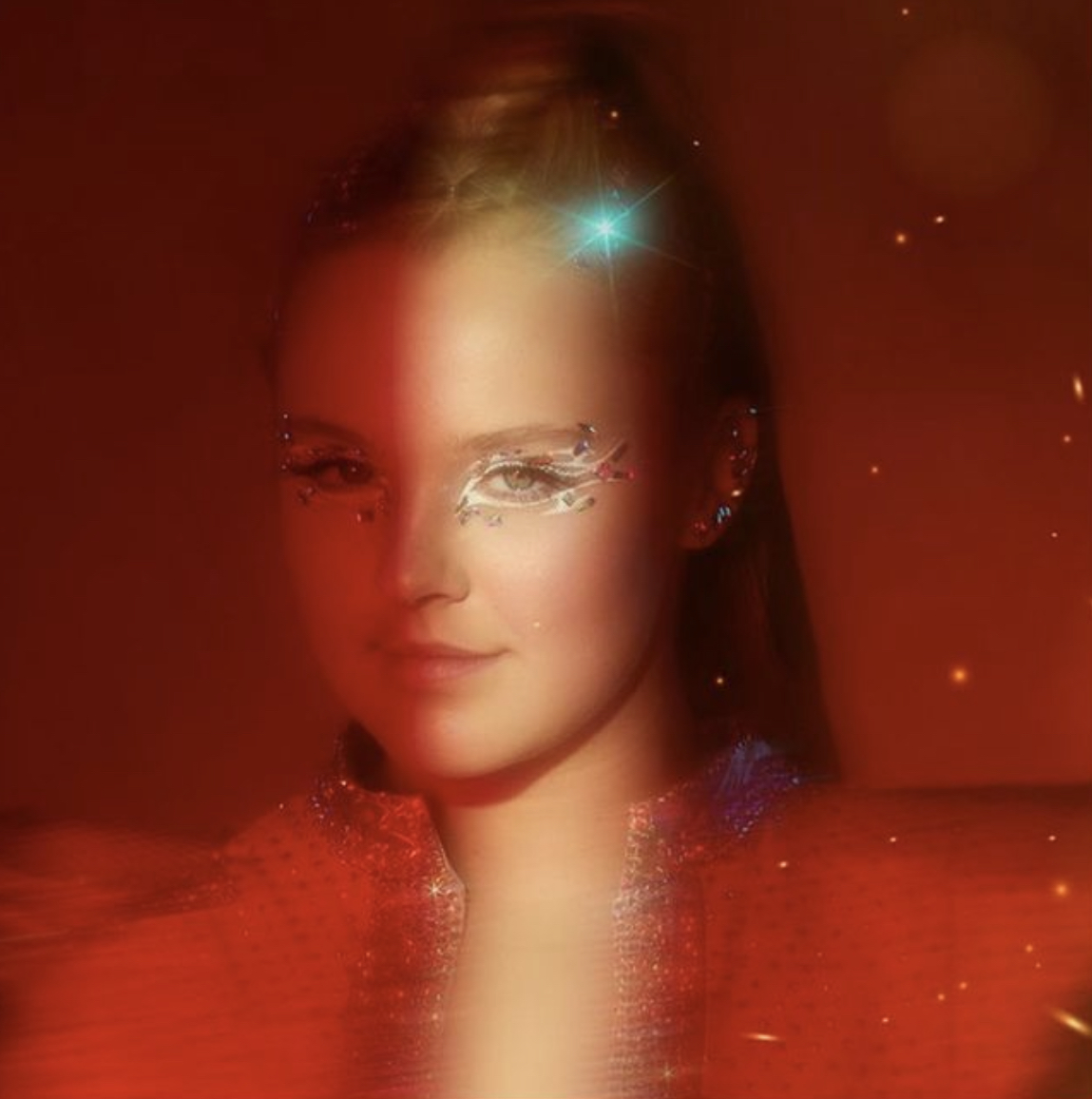Unless you live under a rock or just refuse to go on social media, you have probably been an unintentional victim of JoJo Siwa’s newest song “Karma” and its accompanying music video. Released on April 5, Siwa’s “rebranding” towards more “adult” music has come with lots of criticism, a bit of scandal and, while no one wants to admit it, a very catchy chorus.
Honestly, the song is not as bad as the Internet is making it out to be. It’s a fun song with simple lyrics, and it pairs well with her previous discography (just with a few new curse words). The production on Siwa’s “Karma” is where this song goes off the rails a bit. The verses sound like the standard pop song, moving into a classic build up in the pre-chorus until, suddenly, I’m hit with obnoxious electronic blips in the chorus that remind me of the one time I went to Nebula on EDM night for my 21st birthday celebration in Manhattan.
Florida State University’s own Grace Davis, who is my favorite person to quote in articles, had a similar sentiment, saying, “‘Karma’ by JoJo Siwa is a song I would hypothetically only listen to in the club.” Personally, if I heard “Karma” while out on the town with my friends, I would have the time of my life dancing to it, so I’m inclined to agree with Davis here.
I have to give credit where credit is due. The lyrics are way too catchy, and I often find myself singing “Karma” at random times. The writing trio credited on “Karma” includes Desmond Child, Antonina Armato and Tim James, who have all had successful careers. Child was inducted into the Songwriters Hall of Fame in 2008 and contributed to songs like Bon Jovi’s “Livin’ On A Prayer.” Armato has writing credits on BTS’ album “Map of the Soul: 7” and Maroon 5’s “This Love.” James wrote Trace Adkins’ “All I Ask For Anymore,” which was nominated for a Grammy Award for Best Country Song in 2009.
If I’m complimenting this song as much as I am, then why is the Internet going crazy? Why is TMZ finding Siwa on the street? Why is everyone talking about this song?
Scandal! This song was not originally written by or for Siwa. After Siwa’s release, clips from an unreleased 2012 music video went viral on TikTok, showing former singer Brit Smith’s version of “Karma.” The original version was written by Rock Mafia and speculated to have been for Miley Cyrus, who ended up passing on the song, which led to Smith’s recording.
Smith finally released her original recording under the title of “Karma’s a B***h.” As of April 15, Smith’s version sat at No. 8 on the U.S. iTunes pop charts, whereas Siwa’s “Karma” sat at No. 89.
Another scandal coming out of Siwa’s rebranding is the topic of “gay pop.” In an interview with Billboard, Siwa talked about how, with “Karma,” she went to her record label and said, “I said, ‘I want to start a new genre of music.’ And they said, ‘What do you mean?’ I said, ‘Well, it’s called ‘Gay Pop.’” As expected, Siwa was hit with large amounts of backlash on social media. One TikTok explained the backlash perfectly, saying, “Part of being young and queer and coming out and joining this community — entering into this space — is learning your history. Learning your roots and knowing where we’ve come from, knowing just how much work it has taken to get us where we are today. And to say something as outlandish at the age of effing 20 as you invented the genre of ‘gay pop’ is achingly disrespectful. You could not have invented something that has been going on long before you were born.”
Siwa backtracked on this comment when TMZ approached her for a comment. Instead of being the inventor, she does “want to be a piece of making it bigger than it already is.” Don’t worry, Siwa’s fine not being the president of “Gay Pop,” but “I might be the CEO, or the CMO.”
Maybe being a chief marketing officer could be a real future for Siwa. One thing about the release of “Karma” is that we as a society have not been able to escape it. It seems as though there is a new headline about Siwa every single day. As they say in Hollywood, there is no such thing as bad press — any publicity is good publicity.
Personally, I don’t think Siwa is joking with this “rebrand” into a more adult music sphere. On Spotify, all her previous music, including the iconic songs “Bop!” and “Boomerang,” are listed as Jojo Siwa (Kids). But with Siwa’s nearly 1.6 million monthly listeners with only one single song, Siwa seems to have made as big of an impact on the social sphere as she wanted to. It might not be Cyrus’ post-Disney “Bangerz” era, but her shift has certainly made enough headlines for me to want the full album to come out, and for the following social media commentary.







































































































































































































